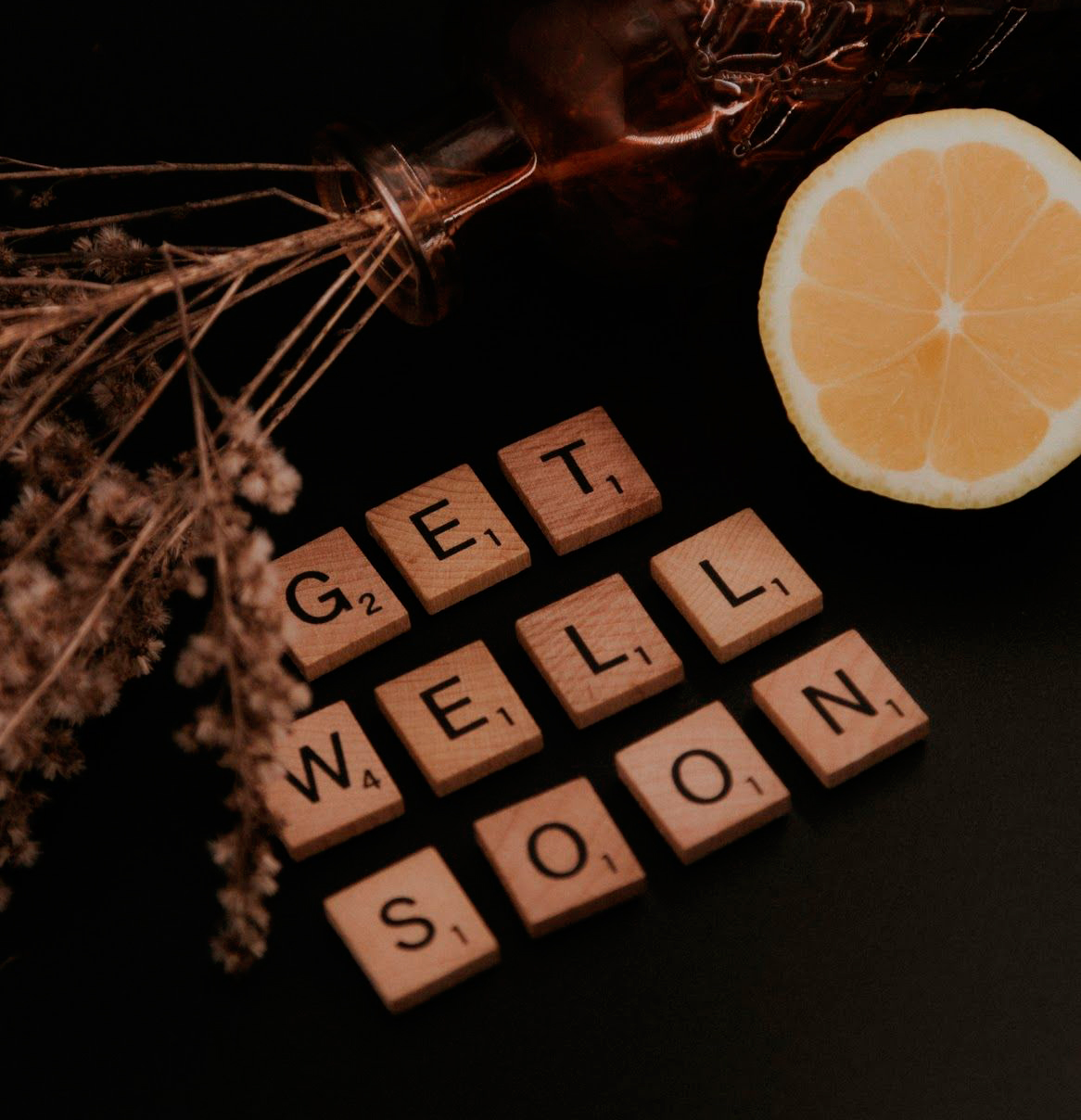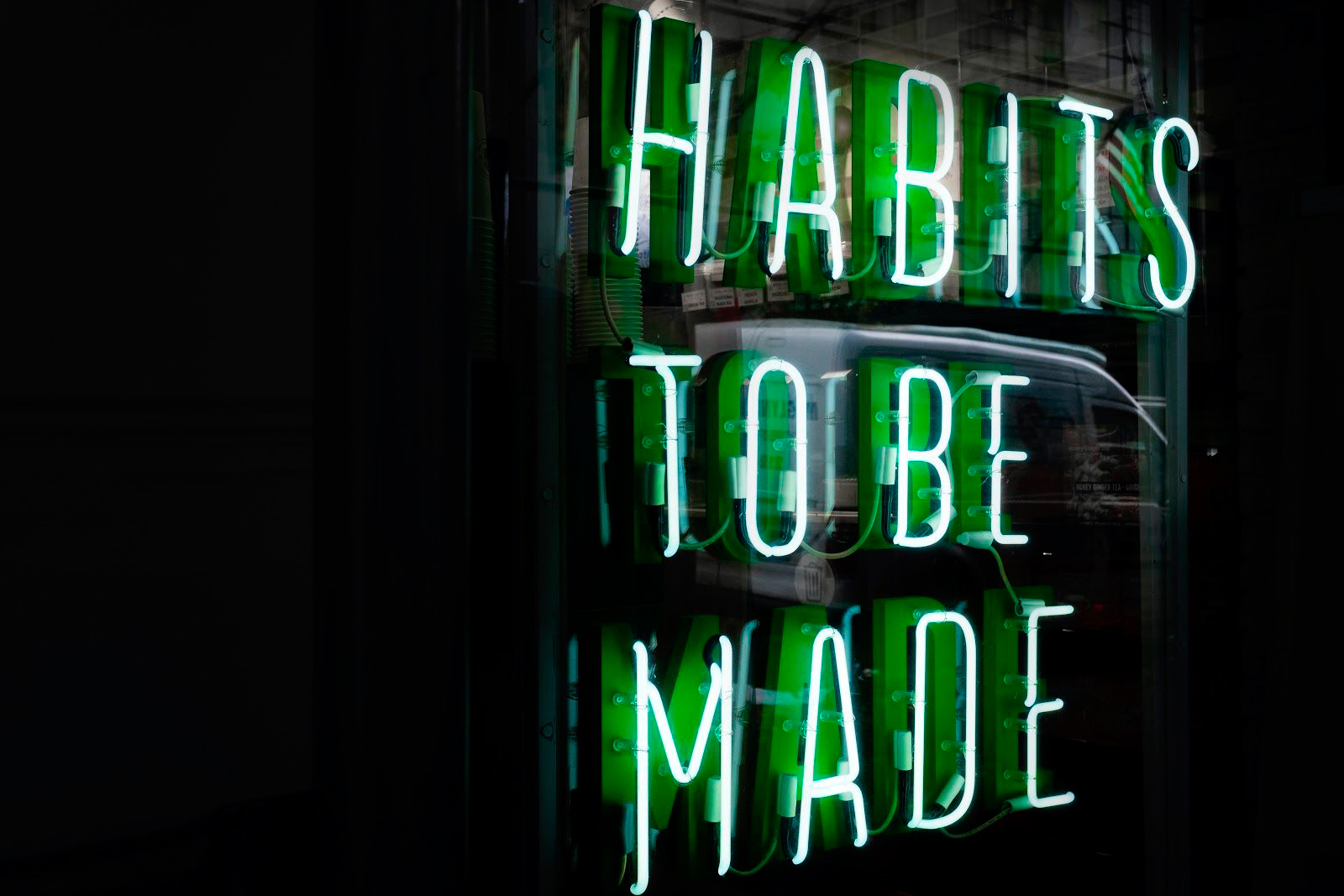Part 1: Walking the delicate path of writing about fragility
It’s taken me a while to write this second piece. My ‘writing block’ didn’t magically disappear after I published the first one… The persistent pain condition that I mentioned then also made it tricky to write. As this is what has predominantly occupied my mind in recent months, I thought I’d focus on it next.

Writing about health issues is a delicate and often double-edged thing. Some people find relief in hearing that others are going through a journey similar to theirs. They can feel held by strangers in a way they long for but don’t experience from loved ones. It meets a need and finds a more-than-willing audience. For others, such matters belong to the domain of the private and the intimate. Even if they themselves suffer, they easily judge those who engage with it publicly as ‘seeking sympathy’, ‘over-indulgent’, ‘self-centered’ and other such labels.
I am therefore engaging in this field with some trepidation.
Whilst in my mind the personal unequivocally belongs to the political, it is quite a challenge to walk the knife-edged path of owning and fully being with my fragility (as one essential feature of our human condition) whilst staying connected to what the rest of humanity is going through. It’s true that my pain or suffering doesn’t define me. However, being in the thick of it, and especially as I’ve struggled with it for a long time, it’s quite a stretch to remember that there’s life beyond the pain, and I am a human being before being a ‘sufferer’.
As someone whose calling is to contribute to a world where many suffer less, I am especially keen to explore this topic through a lens that reaches many. I don’t simply want to be heard for ‘my pain’, and possibly help other ‘sufferers’ find companionship. That’s important in and of itself. However, from where I stand and who I am, the questions that most interest me are: how can what I am going through inspire fresh ways to approach suffering at personal and collective levels? What strategies and practices, when faced with a harrowing challenge in life, can help us grow into our deeper humanity?
The first step is to anchor myself in a liberatory framework. Whilst it’s my intention to come back to the meaning of this in another post, I would say that in this context, the specific liberation that needs to happen is from the grip of habits that make us react in particularly unhelpful ways when struck by illness or trauma. To various degrees depending on context and other factors such as culture, social location, personality, and of course intensity and nature of the challenge, the patterns are recognisable: we get overwhelmed by negative thoughts, experience a lot of anxiety, find it hard to stay hopeful, put huge faith in professionals (whether in the medical or other fields), often experience many devastating disappointments, and put expectations on our loved ones with big impacts on relationship. How do we recognise these habits as internalised ways of reacting to suffering and that there may be other options that are far more helpful and restful?
 Another liberation that’s called for is from the belief that because we are hit by this challenge as individuals, the solution also needs to be individual. In other words, it’s our responsibility to find the people who can support us and if we are lucky we’ll have a few friends and family to carry the load with us. This belief is also the product of a particular socialisation. Most of us in the West are very familiar with it. It’s costly, deeply ingrained in our psyche and has consequences of much further reach than the specific of our present topic. This is why, approaching our personal suffering through a liberatory lens can feed collective liberation and therefore be inherently political.
Another liberation that’s called for is from the belief that because we are hit by this challenge as individuals, the solution also needs to be individual. In other words, it’s our responsibility to find the people who can support us and if we are lucky we’ll have a few friends and family to carry the load with us. This belief is also the product of a particular socialisation. Most of us in the West are very familiar with it. It’s costly, deeply ingrained in our psyche and has consequences of much further reach than the specific of our present topic. This is why, approaching our personal suffering through a liberatory lens can feed collective liberation and therefore be inherently political.
As my own work of liberation continues to unfold, and whilst I could write about several habits named above (and may do in future posts), I’d like to start with separateness. It illustrates perhaps more than others this crushing orientation towards individualism, and is particularly tragic because of the insane isolation it puts us into. In my experience, much empowerment to access resources can happen, as well as potential learning for society as a whole, when our suffering is held by others, and even more crucially in community.
Before I go into what I experimented with in the last few years, I want to share two pieces of personal context that make it clear that none of what I describe in the second part of this post came spontaneously to me.
I was raised in a culture and in a family where fragility in the forms of illness, emotional upheaval, grief and times of difficult transition weren’t held particularly well. There wasn’t much awareness on how children were impacted, nor that they needed help to put words on their experience. An internalised injunction, I guess, was to be courageous and that ‘things would turn out alright at the end’. Like most in our society, I didn’t grow up nor spent my early adult life experiencing the love and care of a community when feeling vulnerable.
It’s worth mentioning also that I spent my childhood in Africa, moved countries four times by the time I reached 17, and during that time only spent 4-5 weeks a year in France, my country of origin. This has had several impacts relevant to this piece. First, it was difficult to have a meaningful experience of extended family and community, and I’ve never had a clear sense of rootedness anywhere on earth (it’s not by chance that I’ve ended up creating home in a ‘foreign’ country). Related to this, I never learnt what it meant to be part of a community where a child can rely on a range of other people, across generations, to be seen and accompanied into adulthood. I didn’t learn either what it meant to be in close relationships with diverse people, track what’s going on in their life, keep an eye on how they were doing and develop an ethic of care and service to the community’s well being.
 I emerged from childhood with, i believe, a string of atrophied muscles. By this i mean that it took a long journey of growth and healing to learn how to nurture friendships, be authentic and show the fullness of my humanity (not just the strong sides), reach out to others to meet basic needs such as companionship and fun, and come to trust, at a visceral level, that my life is anchored in a web of interdependent relationships.
I emerged from childhood with, i believe, a string of atrophied muscles. By this i mean that it took a long journey of growth and healing to learn how to nurture friendships, be authentic and show the fullness of my humanity (not just the strong sides), reach out to others to meet basic needs such as companionship and fun, and come to trust, at a visceral level, that my life is anchored in a web of interdependent relationships.
The result has been what I now recognise as a form of chronic underlying tension, a fair amount of loneliness, many doubts about my calling in life, and a real challenge to find my voice in the public sphere despite knowing how much I have to contribute to our ailing world.
I hope it’s now clear that the journey I took in the last two decades to overcome my habit of separateness took determination, vision and a great deal of mentoring from many people. I can’t deny how much hard work it’s been and want to pause and take a deep breath in. There’s a lot to digest, mourn and celebrate.
A final thought: I am aware that my childhood, and the family I come from, gave me resources that not everyone has access to (such as capacity to meet my basic needs without needing to engage in full time and mindless work, ability to learn and curiosity to dig deep, faith, courage and much more). However, I hope to show in the next part that the practices and strategies that I experimented with can be used by anyone who’s going through a rough time and recognises how much more support they could do with. I am excited to now dive into the nuts and bolts of my experiments.